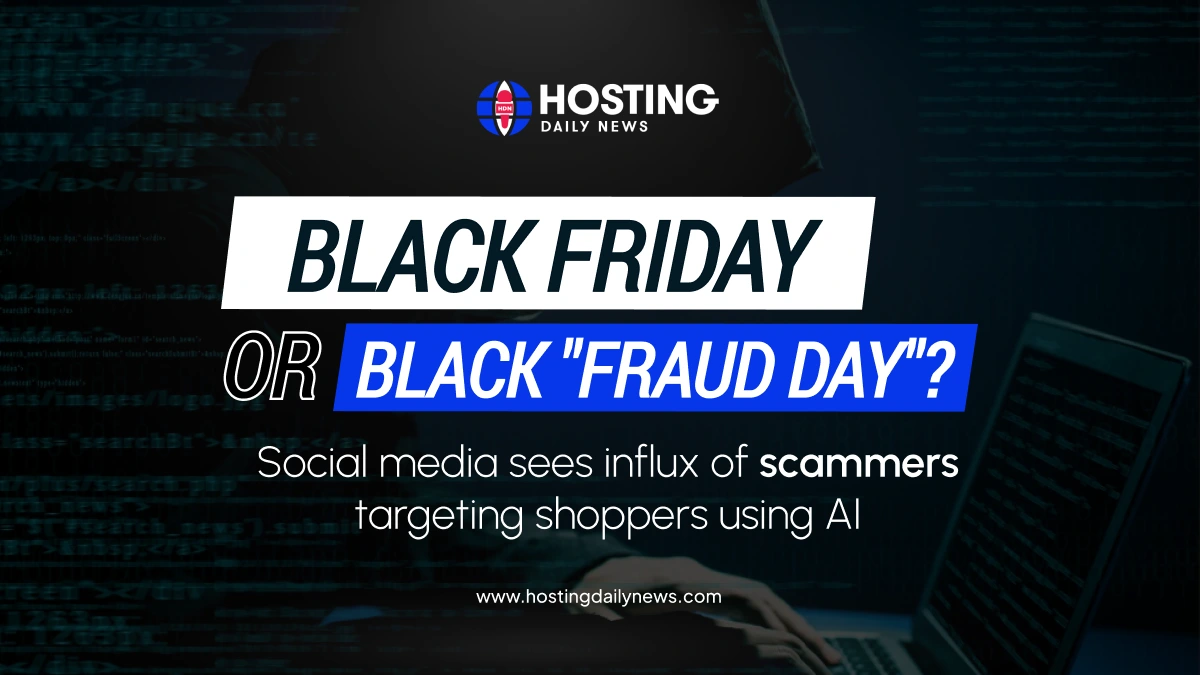
Black “Friday” or Black “Fraud Day”? Social Media Sees Influx of Scammers Targeting Shoppers Using AI
Cybersecurity agencies and experts are frequently alerting shoppers regarding Black Friday Scams. Scammers are using AI to purport authorized offers to target bargain hunters.
As Black Friday is approaching, experts are continuously alerting the shoppers. Advertisements for best sales and Black Friday deals are aimed at attracting shoppers after Thanksgiving. Scammers are using Artificial Intelligence to make scams look legitimate.
Research’s Revealed
According to the recent cybersecurity updates from security software firm McAfee’s 2024 Global Holiday Shopping Scams Study, one in three Americans have fallen for a scam during the holiday season, with 58% of victims having lost money to those scams.
Some $95.2 million in losses was reported to the Federal Trade Commission between October through December last year.
Intelligence firm EclecticIQ found a coordinated phishing campaign likely linked to a Chinese threat actor in early October targeting American and European online shoppers looking for Black Friday discounts, where several websites claiming to be from big brands were created to get personal information and banking details when victims shopped on the site.
Why are scammers using AI?
With the innovations in Artificial intelligence, scammers are making their scams more authorized. Cybercriminals can create huge cyber – attacks using AI. Generative AI can write codes for websites, generate images and purport websites’ code at a large scale. AI can create realistic celebrity endorsements with deepfake technologies. Scott Shackelford, executive director at Indiana University told Forbes. As per the McAfee survey, about 59% of respondents said that they feel confident as they can identify deepfakes or AI-generated content.
Methods used by scammers
Scammers are using Emails, social media ads, delivery messages and search engine links to disseminate the scams. According to data from Barclays, customers may receive emails advertising black Friday deals that claim to be sent by legitimate retailers like Amazon or Costco. Social media ads are the most common tool for scammers to send fraudulent messages.
Guidelines to prevent Scams
In terms of making shoppers aware, NCSC has already issued guidelines for shoppers in collaboration with Action Fraud.
- Shoppers should set up 2-step verification to prevent scammers from accessing their accounts in case scammers got the password.
- Before visiting any site, thoroughly research about that site then click on it.
- Always use credit cards for payment as credit cards generally have fraud protections. Shoppers can easily get their loss reimbursed if the card details get compromised.
